Antipopes of the Antichurch
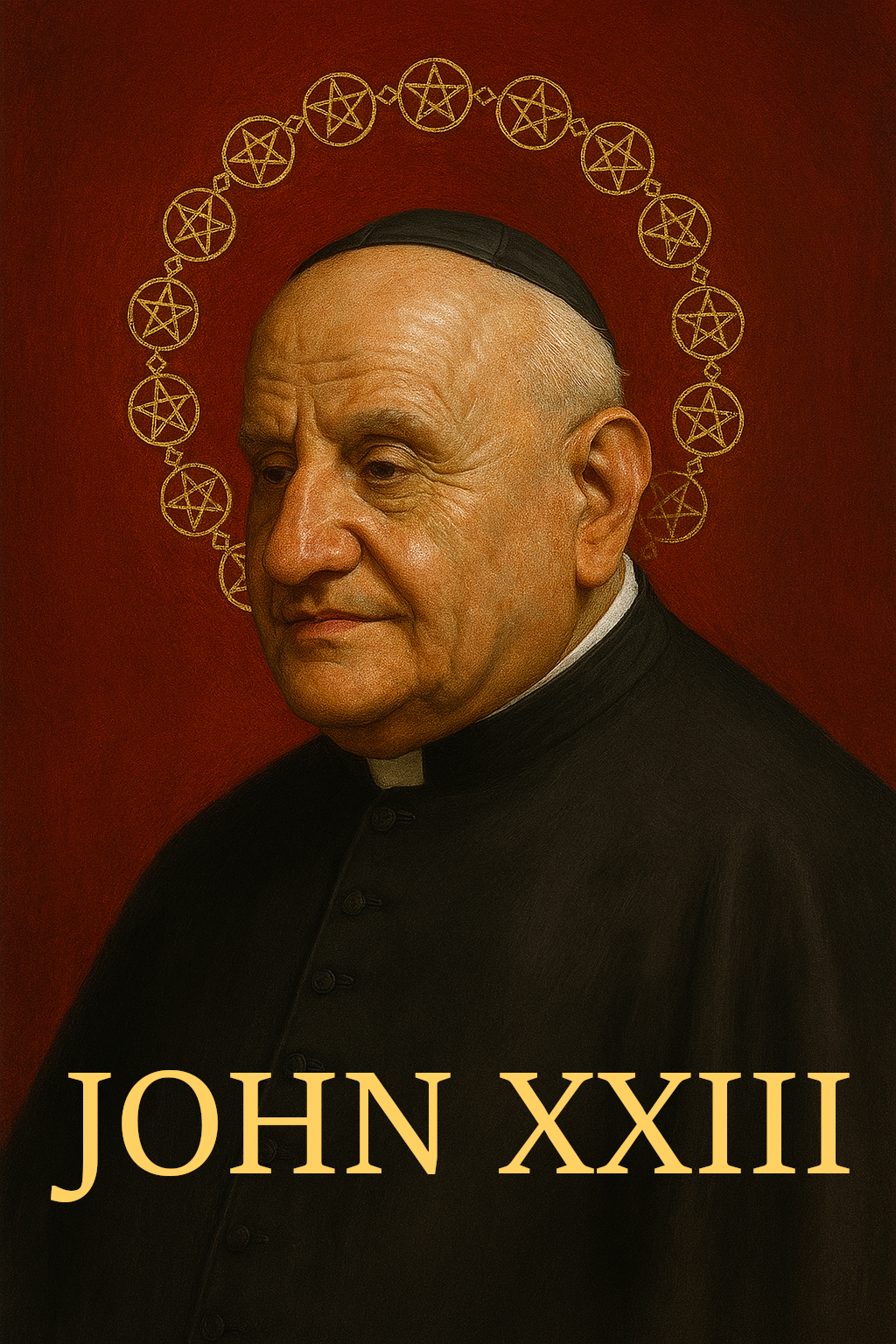
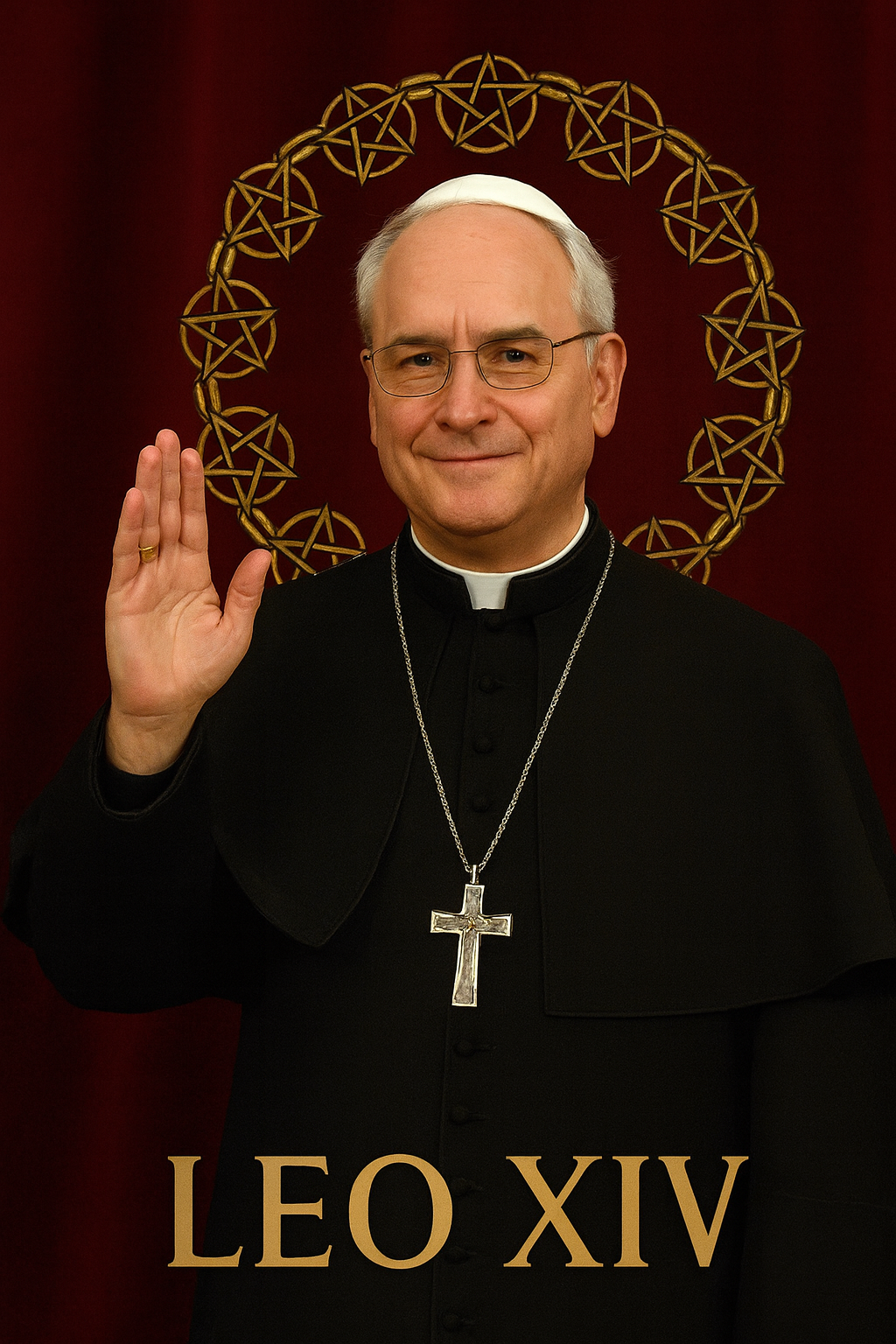


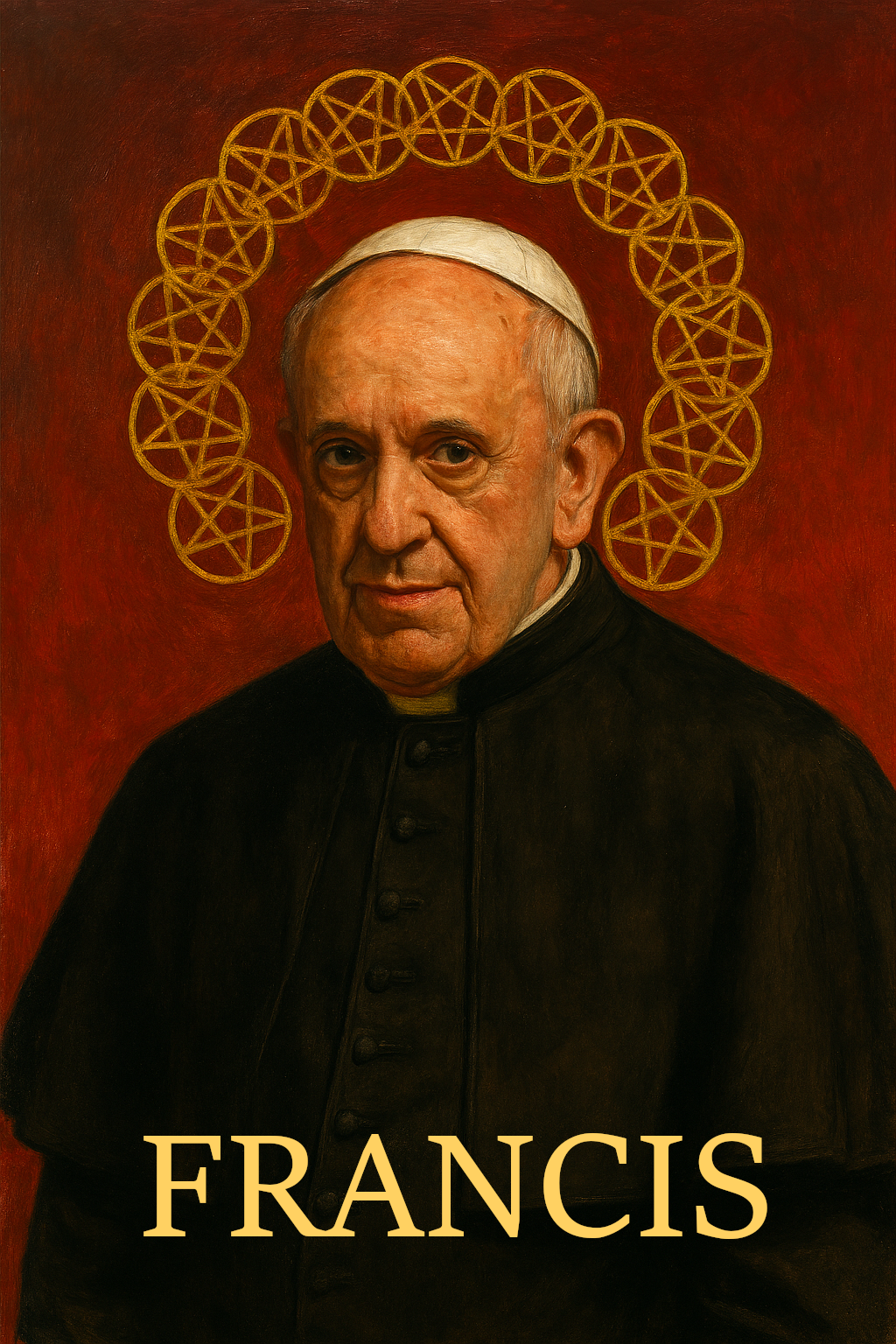


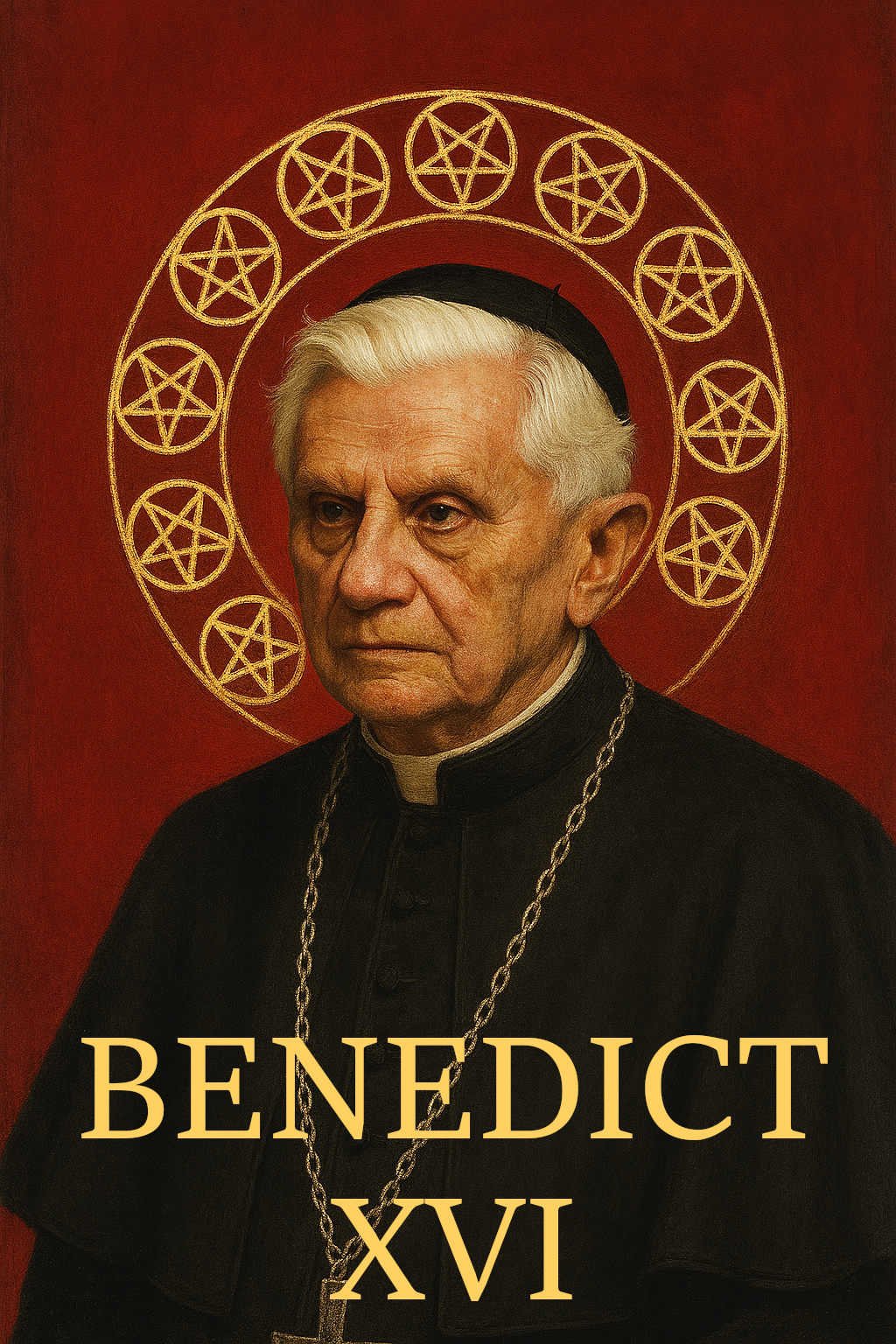


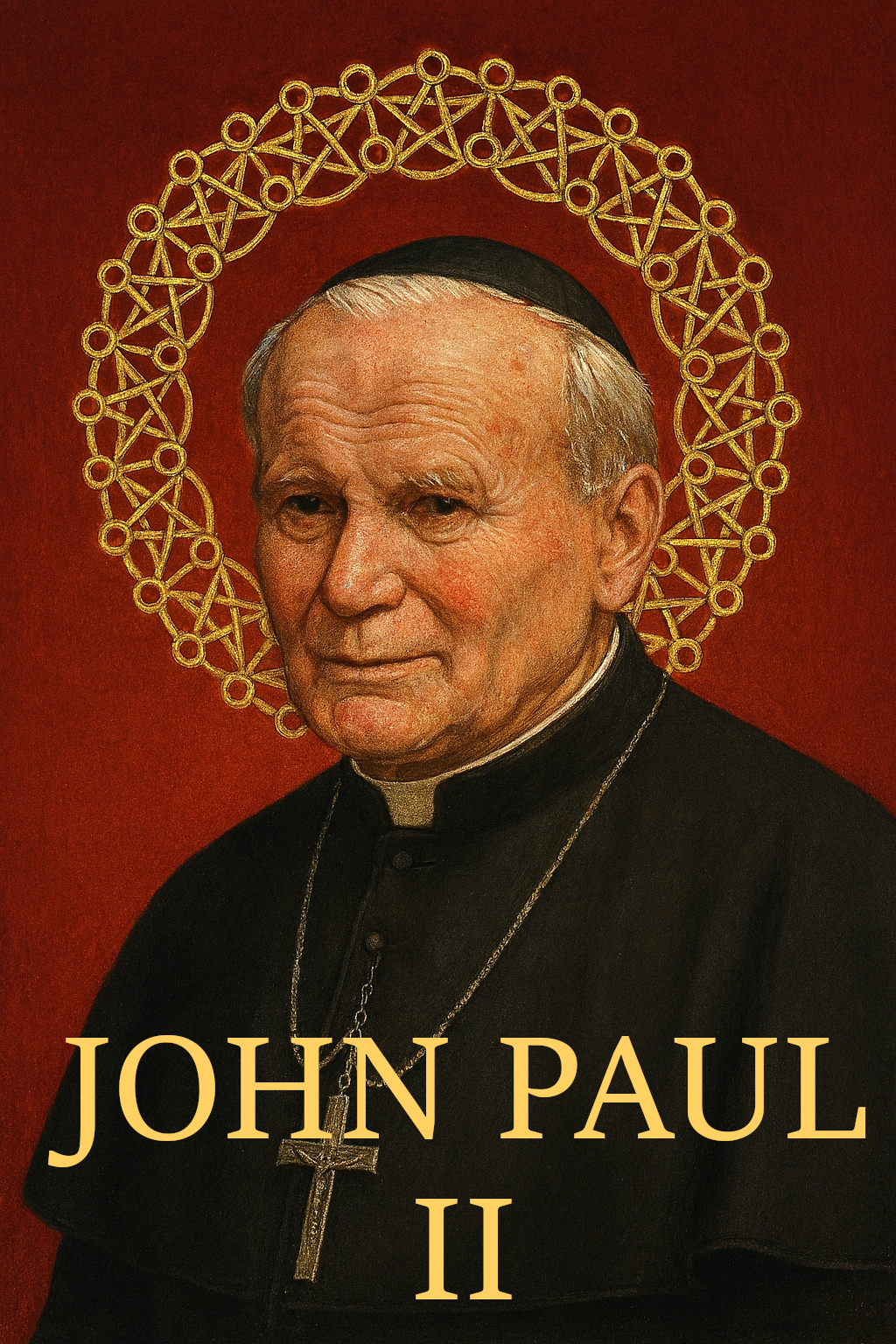


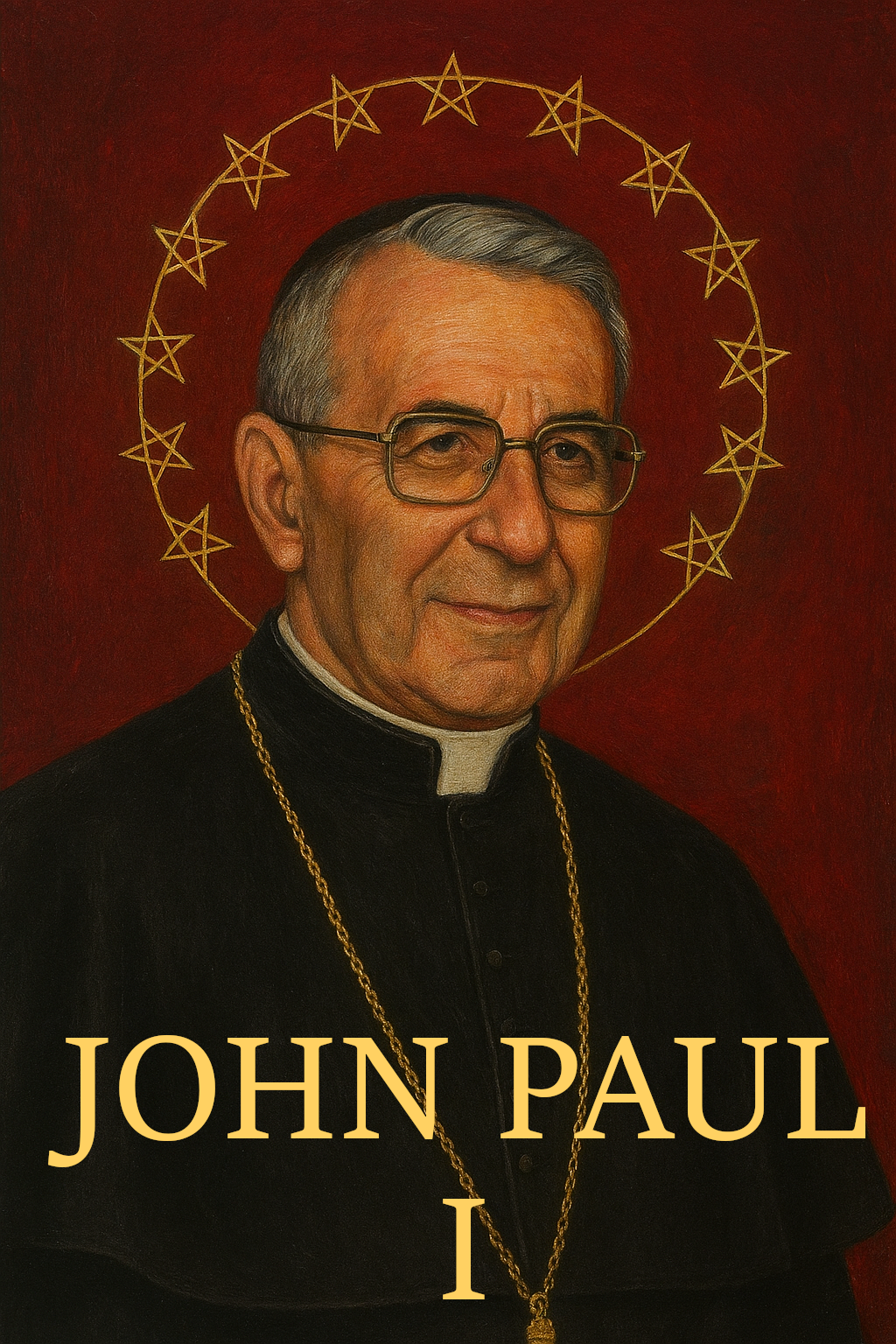


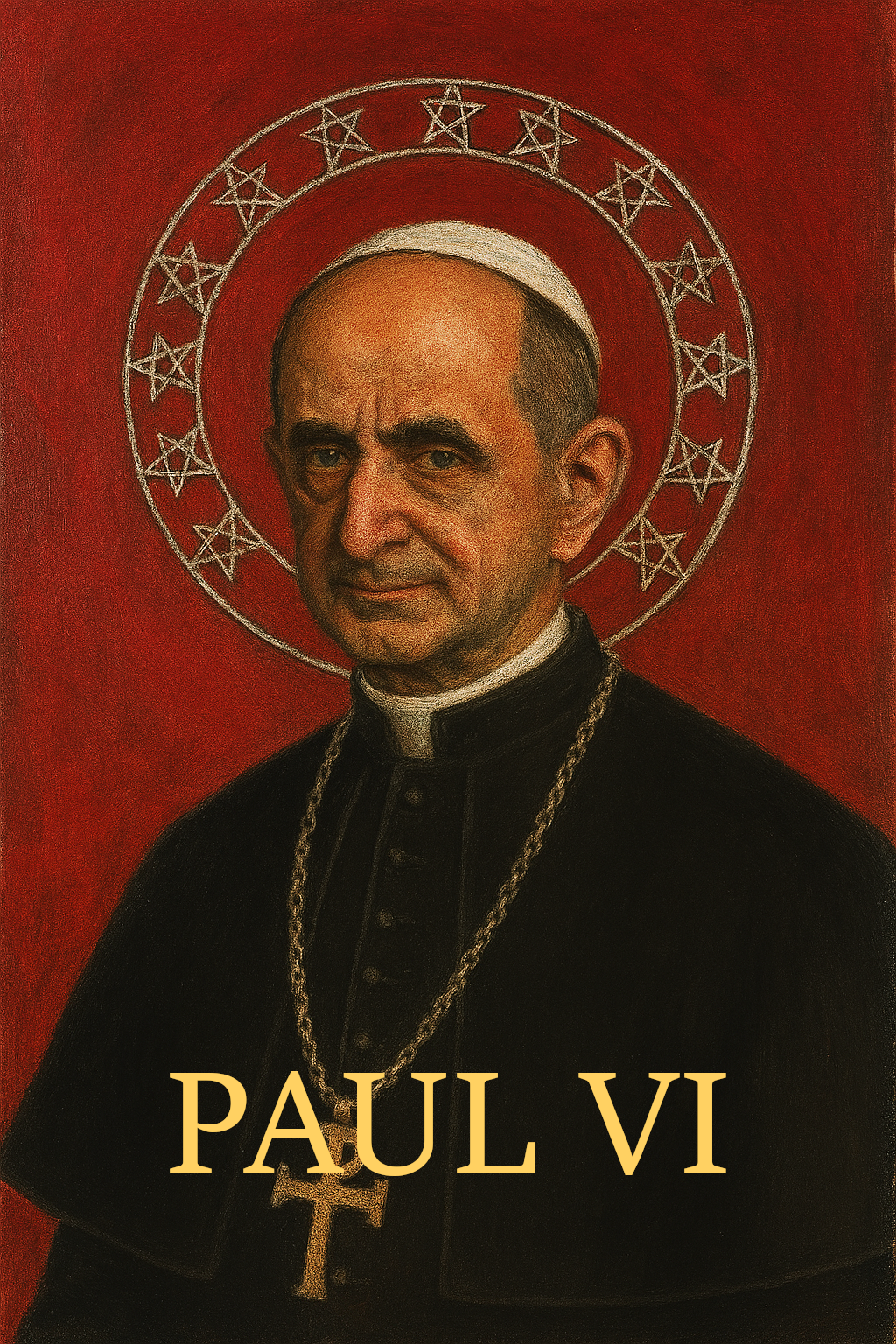


Timeline of this heretical pontiff
Encyclical Letters
+ 15 posts1959
+ 7 posts1961
+ 4 posts1962
+ 2 posts1963
+ 2 postsApostolic Exhortations
+ 3 postsApostolic Constitutions
+ 93 posts1958
+ 6 posts1959
+ 87 postsMotu Proprio
+ 15 posts1958
+ 1 posts1959
+ 1 posts1962
+ 11 postsApostolic Letters
+ 151 posts1958
+ 4 posts1959
+ 63 posts1960
+ 78 posts1961
+ 1 posts1962
+ 4 posts1963
+ 1 postsSpeeches
+ 99 posts1958
+ 2 posts1959
+ 26 posts1960
+ 29 posts1961
+ 16 posts1962
+ 24 postsMessages
+ 6 posts1959
+ 4 postsHomilies
+ 4 postsLetters
+ 152 posts1958
+ 1 posts1959
+ 48 posts1960
+ 32 posts1961
+ 31 posts1962
+ 30 posts1963
+ 10 postsNot categorized
+ 1 posts1958
+ 1 postsNews feed
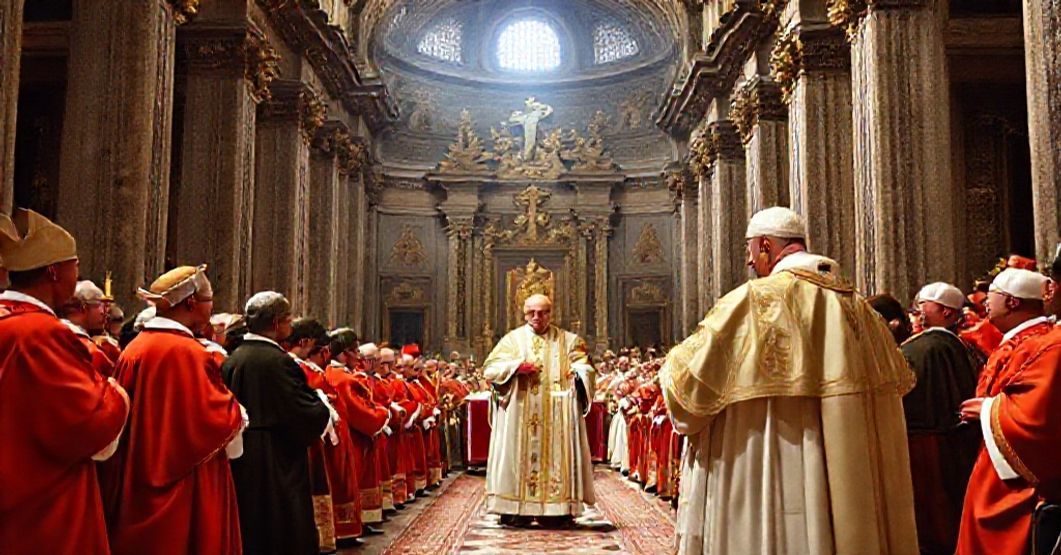

La sacrum consistorium (1960.05.30)
On 30 May 1960, in a so‑called semi‑public consistory, Angelo Roncalli (John XXIII) announced, in Latin, the final step toward the “canonization” of John of Ribera, Patriarch of Antioch and Archbishop of Valencia. He briefly recalls prior discussions in a secret and a public consistory, notes the alleged proofs of heroic virtue and miracles “above the order of nature,” solicits once more the opinions of the assembled “cardinals” and “bishops,” and, receiving unanimous consent, declares his intention to inscribe the blessed into the catalogue of saints on Trinity Sunday, 12 June 1960, in St. Peter’s Basilica, with all due liturgical solemnity, “for the glory of God and the good of the Christian people.”
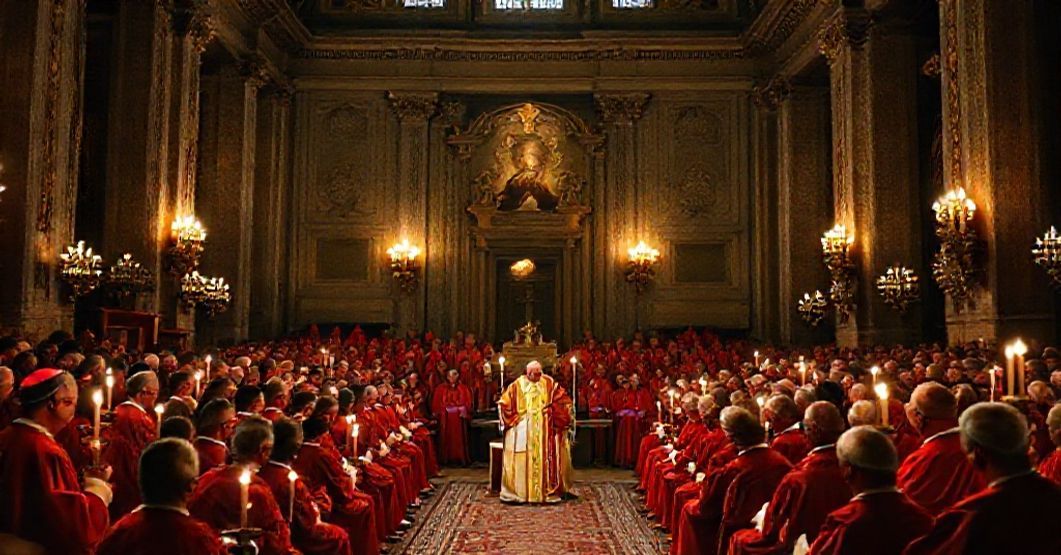

La Consistorium Secretum Allocutio Ioannis XXIII (1960.03.28)
On 28 March 1960, in a secret consistory, John XXIII delivered an allocution in which he: praises the Roman Curia; laments persecutions of clergy (especially recalling Aloysius Stepinac); expresses satisfaction over the recent Roman diocesan synod; presents the creation of new cardinals from various continents (Japan, the Philippines, Tanganyika, etc.) as a sign of the Church’s universality; links this expansion of the “Sacred College” to the preparation of the Second Vatican Council; and concludes with a prayer that bishops, clergy, and peoples be led to unity, peace, and collaboration under his leadership and that of the newly created cardinals. The entire speech, however clothed in pious Latin, is a carefully staged manifesto of the coming conciliar revolution and of the construction of a new, naturalistic, globalist religion under the usurped authority of a man already at war with the integral Catholic order.


Allocutio Ioannis XXIII (1960.03.28)
On 28 March 1960, in a so‑called secret consistory, John XXIII delivers an allocution praising the functioning of the Roman Curia, lamenting persecution of clergy (notably invoking Aloysius Stepinac), extolling the recently concluded Roman Synod, solemnly announcing a new group of cardinals from various continents, and linking this expanded “College of Cardinals” with the preparation of a future ecumenical council. He presents these acts as manifestations of the unity, catholicity, vitality, and peace of the “Church,” oriented toward universal dialogue, concord among nations, and adaptation to contemporary circumstances. In reality, this text is an early programmatic manifesto of the conciliar usurpation: a serene self‑canonization of apostate structures preparing the demolition of the Catholic order under a pious veneer.
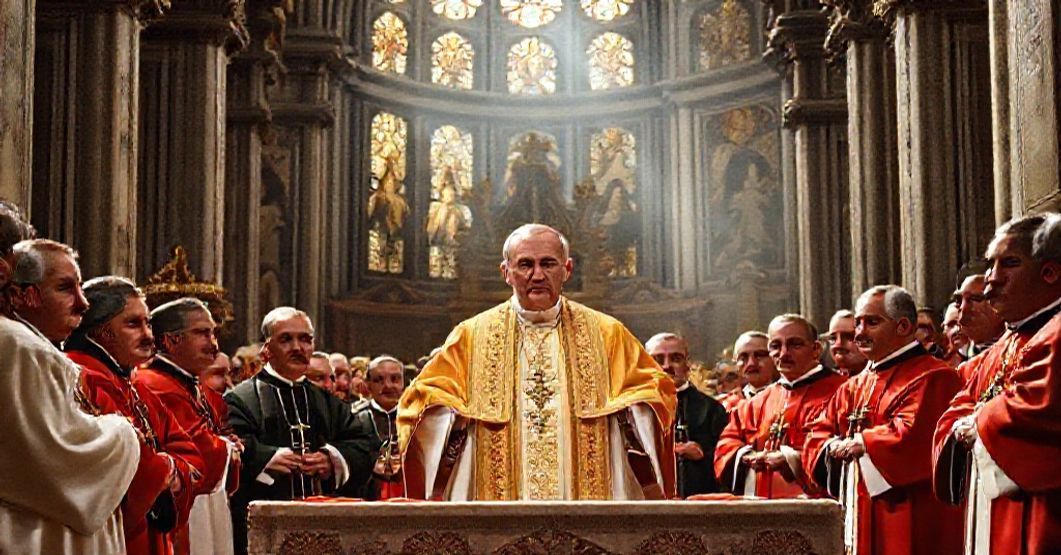

Romanae Dioecesis Prima Synodus (1960.01.31)
Laid out as a triumphalist closing allocution for the first diocesan synod of Rome under John XXIII, this speech presents the event as a manifestation of spiritual vigor, ecclesial renewal, exemplary pastoral planning, and preparation for a new ecumenical council, all clothed in pious language about faith, hope, charity, priestly zeal, and traditional devotions to the Name, Heart, and Precious Blood of Christ. Beneath its florid rhetoric, however, it is the programmatic self‑revelation of the conciliar revolution in embryo: the deliberate recasting of Rome’s pastoral life, liturgy, and universal mission according to principles that would soon mutilate Catholic doctrine, dissolve the public Kingship of Christ, and enthrone a naturalistic, democratic, and modernist pseudo‑church in the very place where the true Roman Church once spoke with clarity and authority.
Varia
Announcement:
– News feed –implemented
– Antipopes separate web sites with their all documents refutation – in progress
